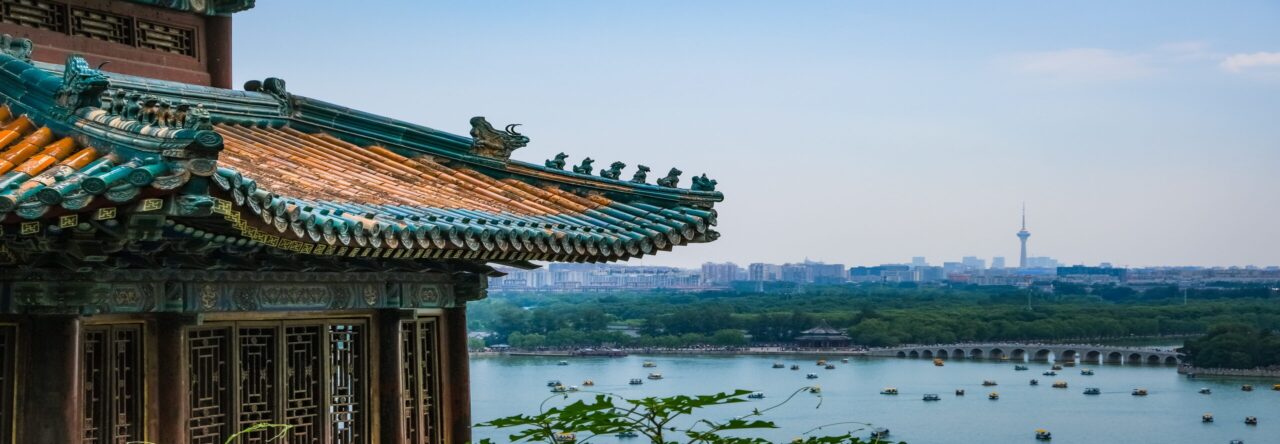
China has a longstanding reputation as being a country that will lend a hand to develop the underdogs. Under Mao, South-South cooperation flourished by means of loans and infrastructure projects at China’s expense. Until very recently, the state continued to extend the hand of friendship through infrastructure projects that developed the African continent beyond its strategic military and market points. But what about private citizens? Not every Chinese individual who makes their way to South Africa or Ethiopia is going for the glory of the motherland. What do these private ventures see in the African market that Chinese immigration continues to grow?
To answer this question, we must first look at the demographics of Chinese migrants to Africa. Currently, China’s census estimates that anywhere from 800,000 to 1,000,000 Chinese workers have migrated to Africa. Unofficial estimates place the migrant population upwards of 2,000,000 individuals as 27 African countries do not require a visa from Chinese migrants. Temporary labor seems to constitute the largest category of migration, however, other migrants find themselves in Africa as transit migrants on their way to other countries, agricultural workers, or, as we will focus on in this post, entrepreneurs.
In Coevolutionary Pragmatism, Xiaoyang Tang details several accounts of business ventures undertaken by private Chinese capitalist actors in Africa. From family-owned shops to factories that employ hundreds, Tang chronicles their experiences to discover what is working, what isn’t, and how the interactions between locals and migrants have continued to play out through the years. In this book, we look at labor and managerial practices, sourcing and processing, environmental responsibility, and the ways in which Chinese private capital tends to approach these things.

As aforementioned, most Chinese labor in Africa tends to be temporary. We have previously discussed the concept of “eating bitterness” in this blog– Chinese cultural norms have tended to put up with the idea of a block of time in which one must grin and bear a time of unpleasant work for the sake of building financial fortitude. While some temporary workers are seeking employment outside of China with the intent to move back ASAP, others have the intention of dipping their toes in the waters of international business–and Africa is a very convenient place to start. Cheap labor, low entry barriers, and the need for development make Africa a low-stakes environment in which one might experiment with different projects and methods. Here, private marketers have the opportunity to practice flexibility and adapt quickly, and more importantly, cheaply, to issues that crop up.
One important question that arises out of this book is whether or not China practices a unique form of coevolutionary pragmatism as Tang states, or if it is just another capitalist actor in the global system. Tang argues for the uniqueness of Chinese pragmatism through synergism, flexibility, and experimentalism. Because, he argues, no other entity has experienced growth and development to the rate and extent that China has, it is in the unique position of an interactive process known as circular interactive causality. In this mechanism, venture and capital each stem from the other, and as long as the process continues to be successful, production order doesn’t necessarily matter. Profit, productivity, and growth are the main goals, not a linear mode of expansion.

However, being that this is the case, is this any different from the basic practices of capitalism? Every issue we have run into with Chinese private capital seems to be universally attributable to capitalism. This system tends to run with a lack of concern for things such as labor rights or environmental safety. These are of secondary, if not tertiary, interest to profit. How then, can we attribute specific negativity to this Chinese approach? This is not to say China’s affronts to ethical business practices should be ignored, but the rest of the market’s lack of morality must also be acknowledged, and China recognized as part of that collective enterprise that must be held accountable.






